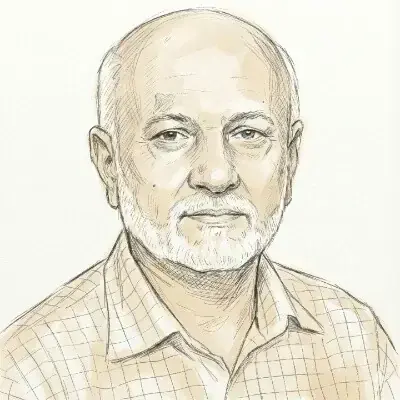ISLAMABAD: A new World Bank report said the Benazir Income Support Programme (BISP) has been successful in mitigating the negative impact of poverty on households as well as protecting them against shocks, but the benefit level must at least be 15 per cent of the average household consumption for BISP to have any impact on poverty.
The report, ‘Evolution of Benazir Income Support Programme’s Delivery System’ said BISP has had significant positive impacts on consumption expenditure, food consumption, child nutrition security, asset retention, the mobility of women investments in health and education.
Prior to the 2008 global financial crisis, social safety net initiatives in Pakistan were ineffective because of their non-objective targeting and limited coverage, the World Bank report added.
To date, BISP has provided $1 billion in regular and reliable support. Between 2011 and 2019, the percentage of BISP beneficiaries below the poverty line fell from 90pc to 72pc, however, its impact on poverty diminished by 2019, primarily because of eroding value of benefit level, the report said.
It added that investments in building systems over the years were realized when the government was able to rapidly expand BISP, both vertically and horizontally, to respond first to Covid-19 pandemic and then to devastation caused by floods in 2022.
It is essential to continue investing in such programmes “to reduce poverty and inequality”.
It said the BISP benefit level has been increased to improve its adequacy, but it still accounts for only 10pc of average household consumption.
The value of BISP cash transfer was not increased until 2017, causing a steady reduction in the adequacy of benefits.
Although the benefit level has been increased on an ad hoc basis in recent years, it is still inadequate, especially given the increase in fuel and food prices.
A recent mechanism to review the transfer value resulted in a 25pc increase in the unconditional cash transfer amount, effective January 2023. The current value accounts for almost 10pc of the average consumption; however, for BISP to have any impact on poverty, the benefit level must at least be 15pc of the average household consumption.
Published in Dawn, March 3rd, 2024

































